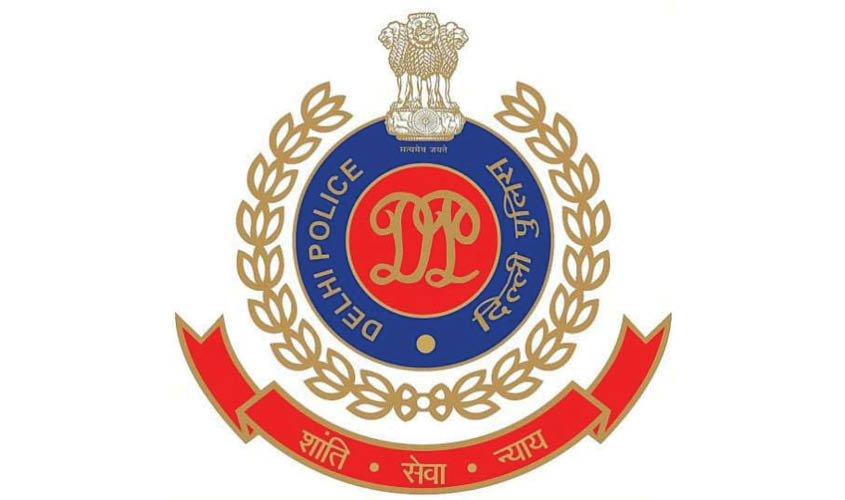The Nagarwala case in 1971 had taken the lid off covert intelligence operations which were going on during the run up to the Bangladesh liberation. It also threw light on how secret funds could be released with such seamless ease through active participation of the Prime Minister’s secretariat. The entire exercise continues to remain shrouded in mystery, since several people associated with the probe, as well as the primary suspect, Rustam Sohrab Nagarwala, died within months of the occurrence, thereby leaving no scope for the matter to be fully investigated.
However, Hari Dev, at that time, the Chankayapuri SHO, survived and lived to tell the tale though he was never able to unravel how the cover-up took place and at whose behest. Hari Dev, who retired as an ACP, after joining the Delhi Police as an Upper Subordinate in 1950, passed away last week thus ending any living link to the sensational case that was known as the biggest bank fraud of its time. In fact, the transfer of money that took place was meant to fund the Mukti Bahini in Mymensingh, headed by Tiger Siddiqui, among others.
Earlier D.K. Kashyap, who was the supervising officer of the case, was killed under unexplained circumstances in a car accident while he was headed for his honeymoon; this within six months of the 60 lakh loot from the Parliament Street Headquarters of the State Bank of India. Nagarwala breathed his last on his 51st birthday on 2 March 1972 after being admitted to the GB Pant hospital. Officially his death was attributed to myocardial infarction, yet several questions continue to remain unanswered.
Hari Dev while recalling the case, had once mentioned that Nagarwala—whom he had arrested following Operation Toofan, launched by the Delhi Police after painstaking investigations—had claimed to be an Intelligence Officer who simply acted as a courier. The probe commenced after a junior official at the SBI, Raval Singh, had lodged a report with the police that the Chief Cashier of the bank, V.P. Malhotra, had disappeared after collecting 60 lakh rupees from the treasury. Malhotra, perhaps was authorised to withdraw money from secret funds, and would as a rule immediately provide the voucher. On that day, in May 1971, he had been unable to get the voucher signed from the PM’s office, resulting in a panic situation.
The police registered an FIR and the investigations were embarked on. Malhotra informed the detectives that he had received a call from the PM’s secretariat, and the man at the other end identified himself as P.N. Haksar, Indira Gandhi’s principal aide. He then handed over the phone to a person whose voice was identical to Mrs Gandhi’s. He subsequently was instructed to entrust the cash to a man who would approach him with the code, “Bangladesh ka Babu’’. He was directed that he should respond by stating, “Bar-at-law’’. Malhotra did as he was told, and drove with Nagarwala who met him outside the bank. They proceeded to a taxi stand in Chanakyapuri where the money was transferred into a cab.
The police were able to trace Nagarwala to Anjuman-e-Parsi at Delhi Gate and succeeded in recovering a sizable amount of the money. He was sent to the Tihar jail, in what goes down as the shortest trial in Indian judicial history. Within nine months of the scandalous episode, he died. Hari Dev often recounted that Nagarwala was a trained ventriloquist who could also impersonate voices of those he met. The official version was that he had phoned Malhotra, the cashier, while impersonating Haksar and Mrs Gandhi.
Hari Dev was privy to much more but preferred to keep mum on the connected subjects. He was a legendary police officer who helped shape the initial careers of several Police Commissioners—Nikhil Kumar, T.R. Kakkar and K.K. Paul. He was never overwhelmed by frightful situations and in the 1980s, while serving at Parliament Street he reached Panchkuin Road, a place outside his jurisdiction, where a fire had broken out. Rajiv Gandhi, the then Congress general secretary, arrived at the scene and manhandled Hari Dev, and in the process, ripped off his epaulets. The officer was suspended without being at any fault. It was the fire-brand, the late Prabha Dutt, from the Hindustan Times, who lambasted Rajiv Gandhi for his inappropriate action, resulting in the revocation of the suspension.
Hari Dev yet again dominated the headlines when in an undercover operation in the 1980s he posed as a journalist to secure the release of Dalbir Singh, the Congress MP from Shahdol, who had been held hostage at his house in South Avenue. The accused, Ram Narayan Kumar was overpowered by him and arrested. In another instance, he was able to crack the Braganaza kidnapping case, and akin to a dramatic film rescued the minor victim from the Sriniwaspuri Flyover.
Hari Dev had also headed the probe team following the startling arrest on 2 January 1984 of Sukhdev Singh alias Sukha from the Tolstoy Marg-Barakhamba Road crossing immediately after Sukha had robbed a bank. The suspect’s interrogation, for the first time provided, credible information regarding an arms build-up at the Golden Temple complex.
Hari Dev belonged to a batch of police personnel who were not only exceptional officers but most benevolent in every situation. They were all trained in Phillaur and served the Delhi Police with distinction. Affectionately addressed as Panditji, he would go down in police annals as an officer who broke the mould. Between us.

